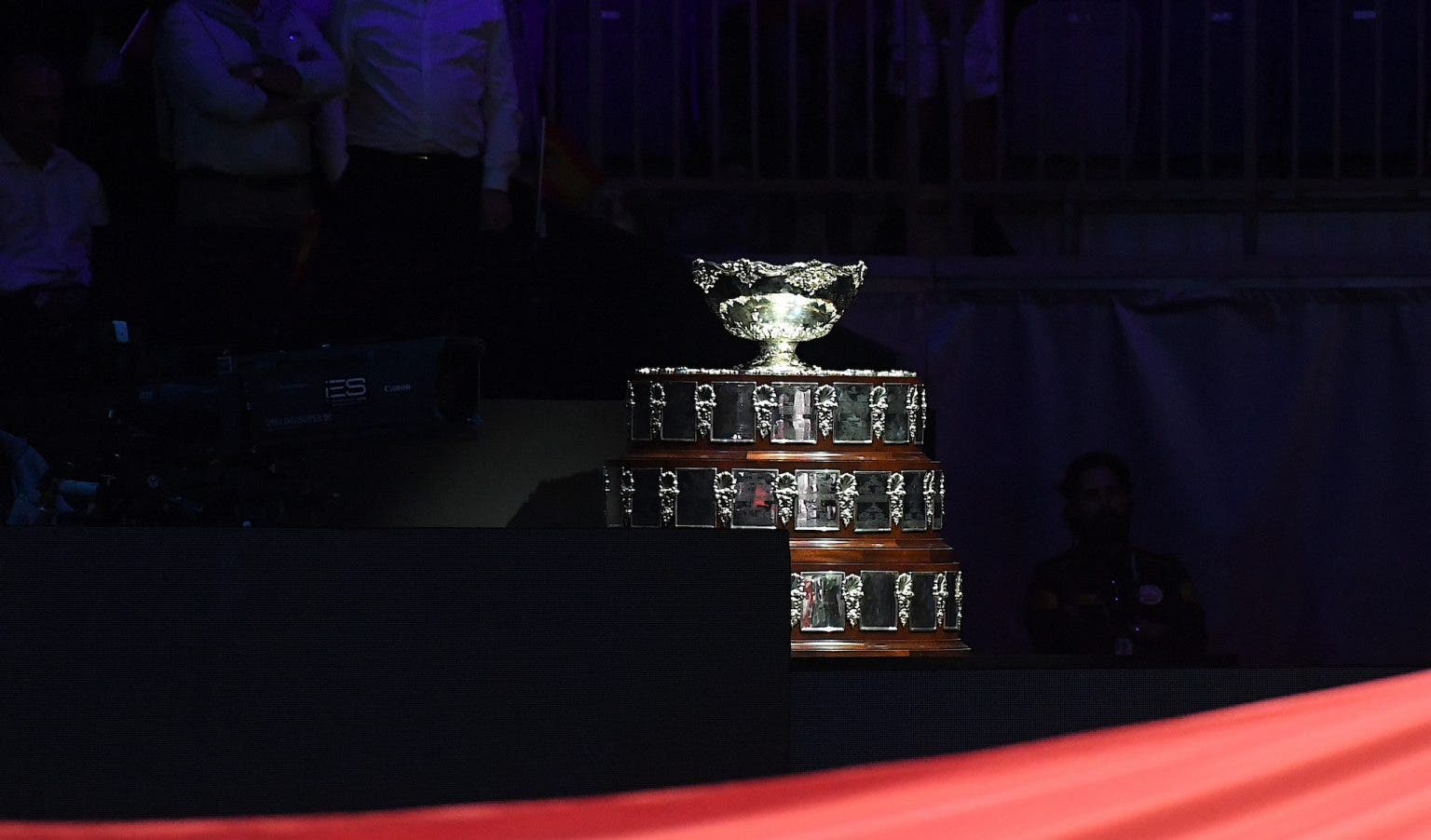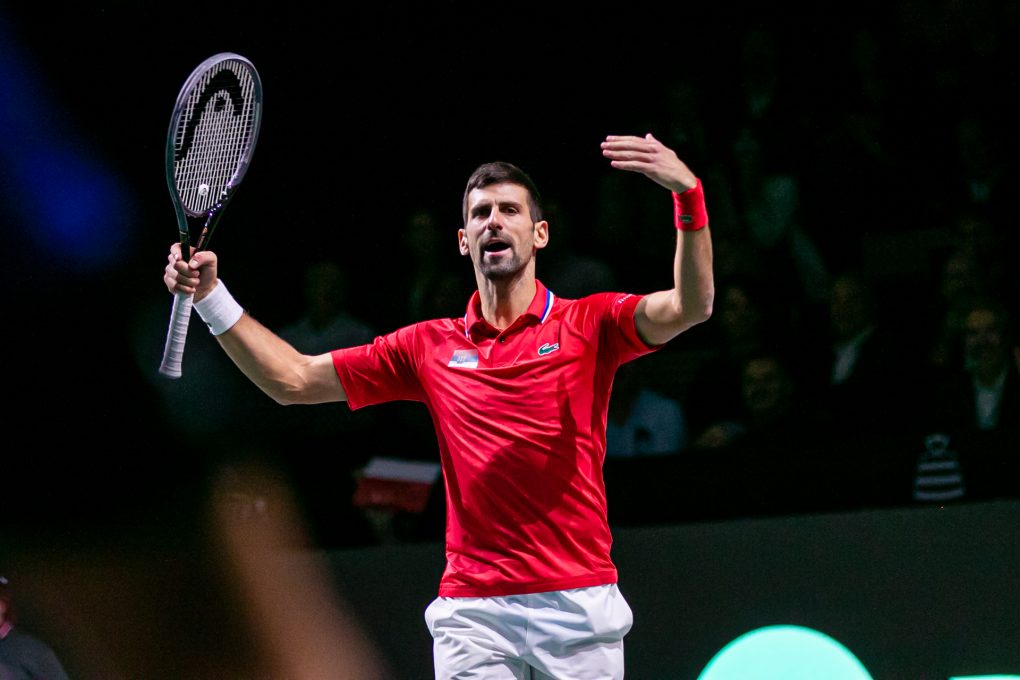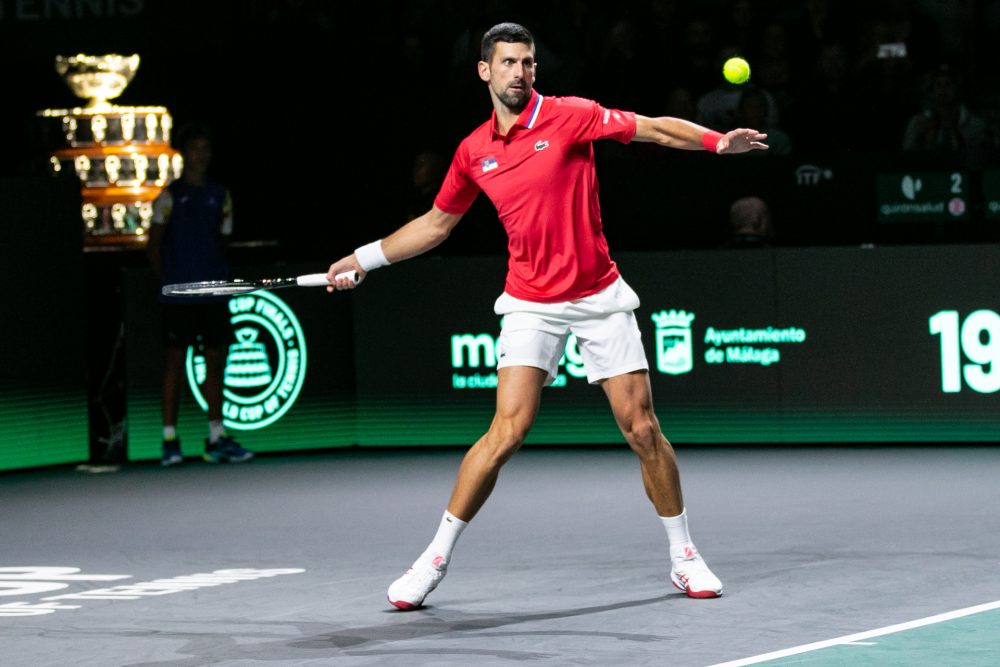By Federico Bertelli, translated by Kingsley Elliot Kaye
Born in Lleida, Albert Costa grew up as a tennis player at the Real Club de Tennis de Barcelona and also won the tournament in 1997. When he retired from tennis he became the director of the tournament until three years ago when he handed it over to David Ferrer. One of the best stands on the centre court takes his name. Until the 1980s the tennis stadium was the Spanish team’s Davis Cup home.
Now, after stepping down from his role at the Barcelona Open Banc Sabadell, Albert Costa has become tournament director of the Davis Cup which is now advertised as “The World Cup of Tennis.”
UBITENNIS: Players have asked to be able conclude their season before playing the Davis Cup. As a result, the group ties which will determine the eight quarter finalists have been moved to September and the final knockout stage will unfold over five days. What can you tell us about this? Is it going to be a definitive format?
Albert Costa: It hasn’t been confirmed yet but likely it will be six days starting on Tuesday until Sunday. It is not yet agreed with ITF but, as organisers of the event, our intention is to play from Tuesday to Sunday at the end of November. As far as the future is concerned, we are trying to find the best solution. We are aware that the first years will require some fine tuning but I believe that in the next one or two years we’re going to reach a consolidated format, which will enable us to work comfortably and to give certainty to our stakeholders.
UBITENNIS: In 2022 and 2023 the Davis Cup will be played in Malaga. Can you tell us anything more about the selection process, considering that last year they were speaking about Abu Dhabi and then at the beginning of 2022 a neutral location was being considered?
Albert Costa: Actually we were in negotiations with Abu Dhabi, there was a concrete proposal. Then Malaga came up with a very attractive proposal and at that point we considered other factors which led us to choose the latter: tennis tradition and culture are at a different level in Spain and this was an aspect that drove Kosmos to choose Malaga. Other considerations are involved as well: an easier destination to reach for tennis fans. Europe is the centre of tennis in terms of countries and players, the ATP finals are played indoors in Turin. This last aspect is particularly relevant: in fact it is very simple to move to Malaga just a few days later and the environment is similar. Besides, Malaga is a city which is growing very fast and sees Davis Cup as an opportunity to gain visibility and to pair with its tourism.
UBITENNIS: The first edition of Davis Cup with the new format was played at the Caja Magica in Madrid, where the Mutua Madrid Open usually takes place. One of the advantages of the facilities is the possibility to use the three indoor courts simultaneously. Has the idea of playing simultaneous matches been put aside? Playing more than one match at the same time could allow them to go back to the 5-set format like in the old Davis Cup.
Albert Costa: I know very well the format of the former Davis Cup, but we have ruled out going back to five set matches. We haven’t taken into consideration the option of playing simultaneously.
UBITENNIS: But with the current three match format, the double counts very much, much more than before; amazing runs like those of Djokovic or Murray, who a few years ago carried their teams on their shoulders and led them to victory, now would no longer be possible.
Albert Costa: It’s true. With the new format, having a great number one isn’t enough. You need a balanced team with a good doubles. But in this way the format makes competition tighter and more open and potentially there is a great number of teams that can win the trophy. This makes it all more exciting. For instance Serbia, in spite of having Djokovic, who has dominated tennis over the last years, hasn’t yet succeeded in winning the Davis Cup with the new format.
UBITENNIS: Summing up, the 3-match format, two singles and one doubles, isn’t going to change.
Albert Costa: Yes, I confirm this is the direction we are taking: 3 matches in one day.
UBITENNIS: Speaking about the calendar, which are your expectations in terms of public, now that tennis fans have got two months to make arrangements for going to watch their team? Last year it was very complicated since the teams qualified for the quarter finals were known only one week before they actually played.
Albert Costa: Now it’s much easier. We are going to work with travel agencies in order to set up interesting packages. We are also going to work with the national federations in this direction. We are aware that environment and support are the distinguishing traits that make Davis Cup so special. Our target for 2022 is to have at least 1000 supporters for each team cheering their players from the stands. The environment is definitely one of the key factors to success. This means that we want at least 8000 supporters coming from the different countries for the final eight. If Spain were to reach this stage, the number would be even higher. Then we have to add the neutral public that simply comes in to enjoy tennis. Our idea is to create an experience which combines Davis Cup with the possibility to have a trip to the Mediterranean and enjoy the city.
UBITENNIS: The old format was no longer viable. For many players winning Davis Cup once in their career was enough, whereas Majors are never enough. How do you think you can succeed in attracting the best players to always play Davis Cup?
Albert Costa: when I used to play from 1995 to 2005, I remember that the players were already asking to change the format. It was impossible to dedicate four weeks to the Davis Cup, which often involved moving to different surfaces from the Tour schedule. With the new format the workload is different. The players of a team that reaches the final stage have to invest three weeks. In terms of surfaces and event preparation it’s all much simpler: the final stage of Davis Cup is played indoors, just like the rest of the indoor season. As the matches are played best of three sets the players are much less impacted in terms of physical engagement, which is an excellent thing considering the increasing amount of injuries we’ve seen recently. It’s true that in the past many players were content with contributing to winning one Davis Cup only. We aim at providing a comfortable scheduling so that players will be eager to participate every year.
UBITENNIS: Wouldn’t the event be made more legendary if at least in the final the matches were played best of five sets?
Albert Costa: I understand the historical point of view, but also the finals of the ATP Masters 1000 and of the ATP Finals were played best of five sets and now things have changed. Especially with the stress, both physical and mental, which modern tennis brings in. Players are already pushing their limits. It’s already three matches, which means at least six hours of competition. It’s enough both for the public and for the players. I believe that the value of a Davis Cup victory cannot be measured on the basis of the physical toll paid by players. It’s the overall value of the team that ought to be rewarded, which is also the reason why it is fair that the most well-balanced teams, with a strong number 1, a good number 2 and a good doubles, are the most likely to win.
UBITENNIS: Under a communication profile the claim that has been delivered since 2019 is that it’s a World Cup of Tennis. This theme has already been broadly discussed, but I’d still like to hear your opinion as a former player.
Albert Costa: Before the format we used to play with, home and away ties, Davis Cup was like America’s Cup, where the winner of the previous edition waited for the challenger selection series. Changes are in the order of things. I believe that going towards a World Cup type of format, with a group stage and a knockout stage is an excellent solution.
UBITENNIS: A last question: until 2023 everything is scheduled, in terms of format and location. For 2024 could there be an agreement with ATP Cup?
Albert Costa: We are working at it. Having Davis Cup at the end of November and ATP Cup at the beginning of January doesn’t make much sense. Kosmos and the other parties involved have to get into talks. We’re trying. Let’s see what comes out of it.


 Hot Topics3 days ago
Hot Topics3 days ago
 Latest news3 days ago
Latest news3 days ago
 Hot Topics2 days ago
Hot Topics2 days ago
 Hot Topics3 days ago
Hot Topics3 days ago
 Focus2 days ago
Focus2 days ago
 Focus2 days ago
Focus2 days ago
 Focus2 days ago
Focus2 days ago
 Hot Topics2 days ago
Hot Topics2 days ago



























